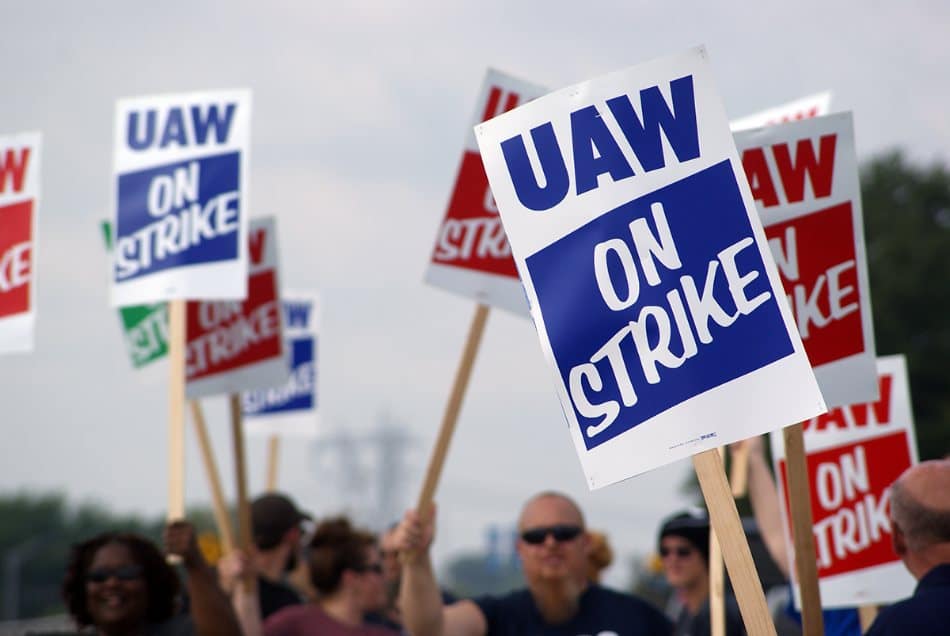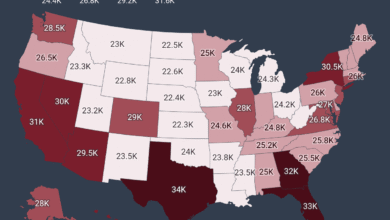What Is The Typical Salary For A UAW Autoworker?

United Auto Workers (UAW) launch strike against Detroit’s Big Three automakers over contentious pay negotiations as labor contract expires. Learn more about the ongoing dispute.
Ford, General Motors, and Stellantis (formerly known as Fiat Chrysler) have engaged in lengthy discussions with the UAW, deliberating over the specifics of a fresh labor agreement that carries significant ramifications for the American automotive sector. UAW President Shawn Fain has stressed that the workforce merits substantial wage increases, underscoring the substantial profits generated by these automakers and the notable growth in CEO compensation in recent times.
How much does an average UAW autoworker make?
Factory workers in the United States typically earn hourly wages rather than fixed salaries. According to data from the Bureau of Labor Statistics, the average hourly wage for manufacturing production line autoworkers in August was around $28, marking a $1 increase compared to the previous year.
The pay of individual auto workers varies based on their length of service at the car manufacturer. The automotive industry follows a tiered wage system, where newly hired workers start with lower wages compared to their more experienced colleagues.
Workers in the top tier, those who joined the company before 2007, earn an average of approximately $33 per hour, as outlined in contract summaries for the Big Three automakers. On the other hand, employees hired after 2007 fall into the lower tier, with wages of up to $17 per hour, subject to a 6% annual raise increment according to the last contract.
A key distinction is that lower-tier workers do not receive the same level of benefits as their top-tier counterparts. They lack defined benefit pensions and have less generous health benefits. Members of the United Auto Workers (UAW) union are advocating for the elimination of the two-tiered pay system, arguing that it creates disparities among workers.
Taking inflation into account, autoworkers have experienced a 19.3% decline in their average wages since 2008, according to Adam Hersh, a senior economist at the left-leaning Economic Policy Institute. Hersh points out that concessions made by autoworkers following the 2008 auto industry crisis, including the suspension of cost-of-living adjustments, have not been reinstated.




